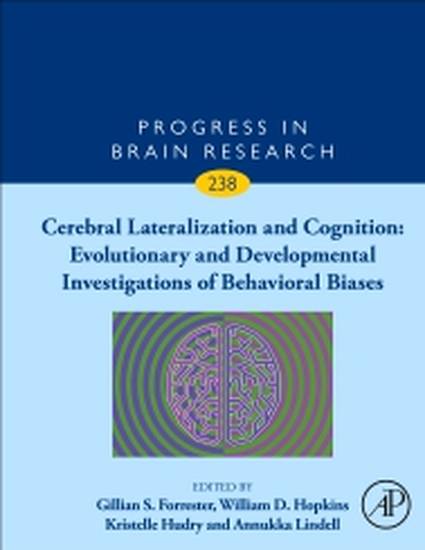
Contribution to Book
Evolution and Development of Handedness: An Evo-Devo Approach
Cerebral Lateralization and Cognition: Evolutionary and Developmental Investigations of Behavioral Biases
(2018)
Abstract
Hand preference is a sensorimotor skills whose development both reflects and promotes the development of hemispheric lateralization for manual and cognitive functions. Extensive comparative, crosscultural, and paleoanthropological evidence demonstrates the prevalence of limb lataralized preferences across vertebrate species adn the prevalence of right-handedness within hominid evolution. Many reviews of the evolution and development of human handedness have proposed adaptive explanations for its evolution. However, during the last 3 decades a new approach to understanding evolution (the Extended Evolutionary Synthesis-EES) provided a persuasive alternative to the conventional (Neo-Darwinian Synthetic Theory-ST) evolutionary and developmental accounts. EES combines modern evolutionary and developmental research (Evo-Devo) in ways that alter understanding of natural selection, adaptation, and the role of genes in development and evolution. These changes make obsolete all past accounts of the evolution and development of lateralization and handedness because EES/Evo-Devo requires new study designs. The developmental trajectories of any structural or functional trait must be specified so that it may be related to variations in the developmental trajectories of other traits. First, we describe how the EES/Evo-Devo differs from the conventional ST, particularly for understanding of how traits develop. Then, we apply Evo-Devo to the study of handedness development in infancy and its relation to the development of other cognitive functions. Finally, we argue that identifying the development of atypical traits would benefit from knowledge of the range of individual differences in typical developmental trajectories of hand-use preference and their relation to variations in the developmental trajectories of cognitive functions.
Keywords
- handedness,
- Evo-Devo,
- evolution,
- development,
- human,
- cognition,
- lateralization
Disciplines
Publication Date
2018
Editor
Gillian S. Forrester, William D. Hopkins, Kristell Hudry and Annukka Lindell
Publisher
Academic Press
Series
Progress in Brain Research
ISBN
9780128146712
Citation Information
George F. Michel, Iryna Babik, Eliza L. Nelson, Julie M. Campbell, et al.. "Evolution and Development of Handedness: An Evo-Devo Approach" Cambridge, MACerebral Lateralization and Cognition: Evolutionary and Developmental Investigations of Behavioral Biases (2018) p. 347 - 376 Available at: http://works.bepress.com/iryna-babik/1/
